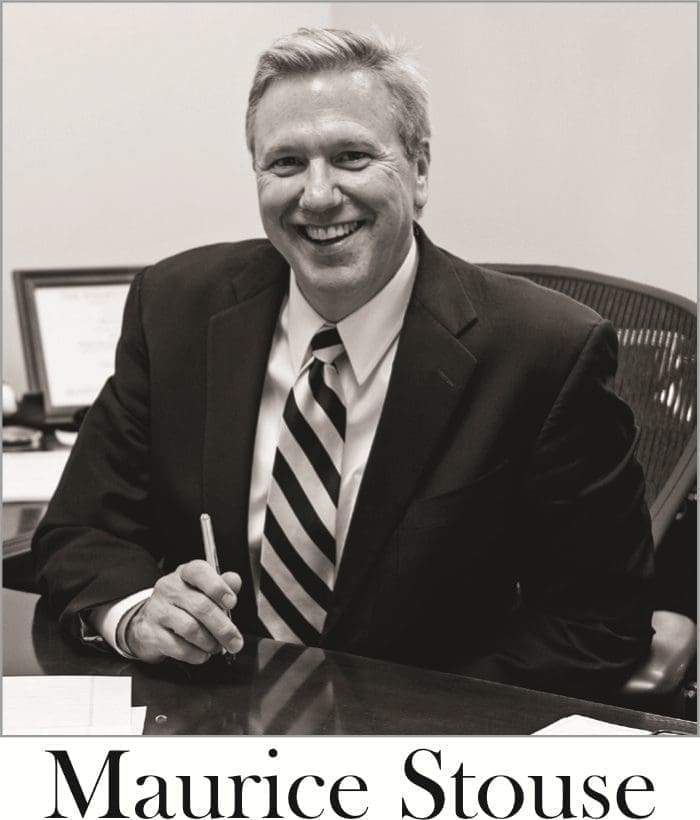By Maurice Stouse
Price transparency. Knowing what you own and why you own it. Keep more of what you earn. Un-conflicted advice. Fees, expenses, risk, security selection. Do managed accounts perform better than investing on your own? Do you need an advisor?
These are but a few questions and things that investors hear all of the time. How do you make sense of these? It is probably best to begin with the end in mind. What do you want, by when do you want it and how are you going to get there? Getting there is probably of most significance because it is your roadmap and it can keep you on course.
Do you need an advisor or a financial coach? Steven Lockshin, author of the book “Get Wise to Your Advisor” points out that most people know how to lose weight and how to exercise. How many see and sustain success is the question? A fitness and nutrition coach can help you with the roadmap and coach you to get where you want to go. Investing and financial planning, much like nutrition and fitness takes discipline. That is where an advisor can help.
What about cost? Knowing what you are paying and what you are paying for are both critical elements when investing. Warren Buffet has often pointed out that fees alone can have a substantial impact on long term returns. These days you hear a lot of phrases like “fiduciary standard, or steward of your financial well being”. Those apply to advisors who are working on a fee only basis. You pay the advisor and her firm for the advice and assistance with your financial affairs. You are not paying for the investments to retain your advisors. He has the obligation to help you with investment selection and have no conflict of interest. She is working for you and the fee you pay, and is not paid by the fund or on commission. Some people see this as conflict avoidance. And an advisor can assist his clients far beyond investment selection. She can help with retirement planning, estate planning, tax planning, college savings planning to name just a few. And the advisor is there to help you stay on the roadmap to get you to your goals.
Knowing the long-term effects of fees also bears significant review. FINRA, the Financial Industry Regularity Authority has a tool on its website to help you see and to compare the costs of funds over a given period of time. It is called the FINRA Fund Analyzer. You can input an initial investment amount, a given return and length of investment. The results are often quite revealing when you see how cost can add up over time. It makes the security selection more informed.
Lastly a word about managed accounts, where the advisor is a management firm. Do these accounts perform better over time? The answer is typically yes but the reason is the same: Discipline. When it is time to make decisions, all investors should work with their advisors, or do their own research, to ensure they are investing in line with their ultimate goal, time frame and most importantly, their comfort level with risk.
Maurice Stouse is a Financial Advisor with Raymond James & Associates, Inc. 34851 Emerald Coast Pkwy., Suite 200, Destin, FL 32541. Raymond James & Associates, member New York Stock Exchange/SIPC. Phone 850.650.0990.
Views expressed are the current opinion of the author and are subject to change without notice. Information provided is general in nature, and is not a complete statement of all information necessary for making an investment decision, and is not a recommendation or a solicitation to buy or sell any security. Past performance is not indicative of future results. There is no assurance these trends will continue or that forecasts mentioned will occur. Investing always involves risk and you may incur a profit or a loss. No investment strategy can guarantee success.
































































